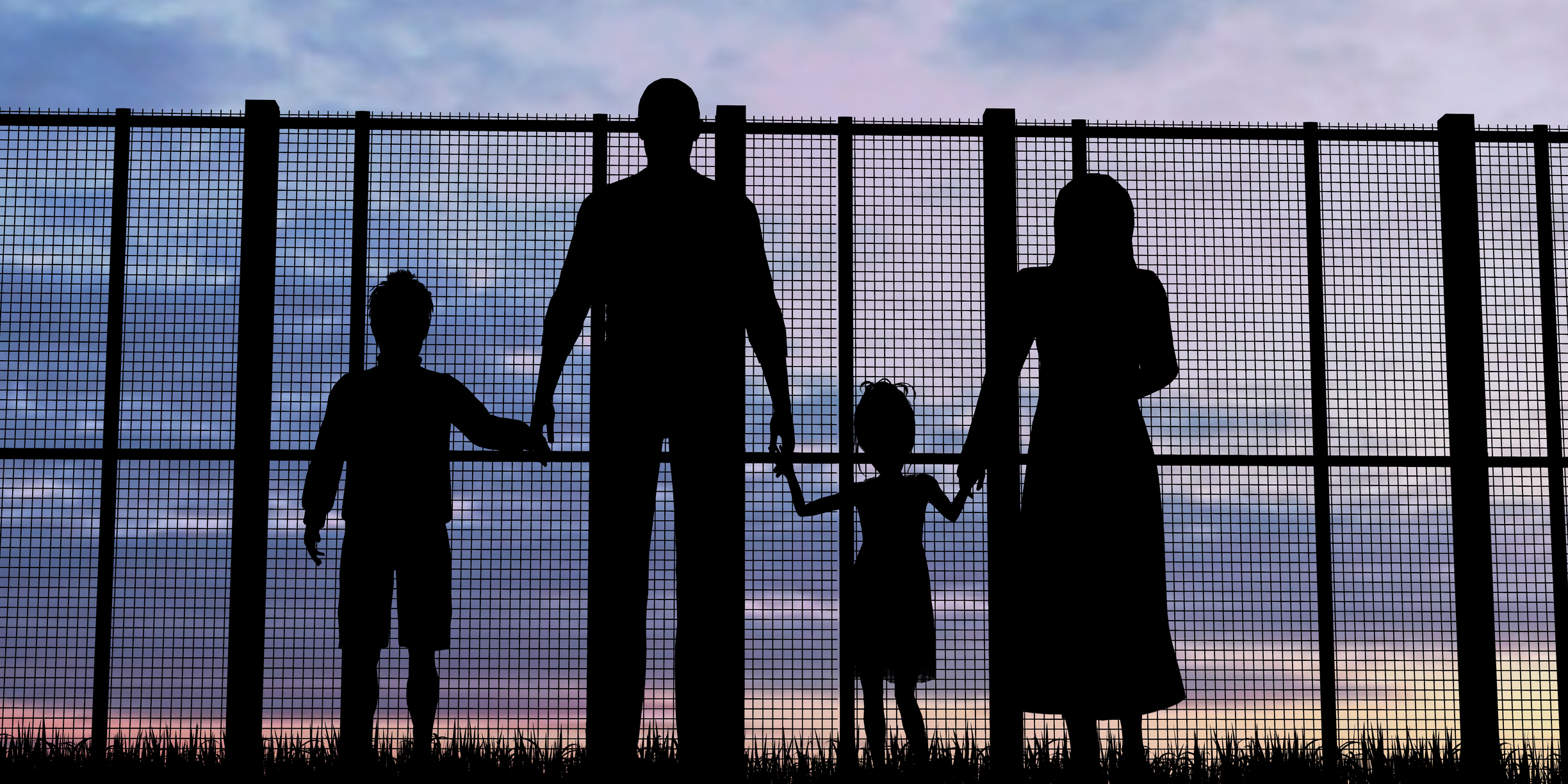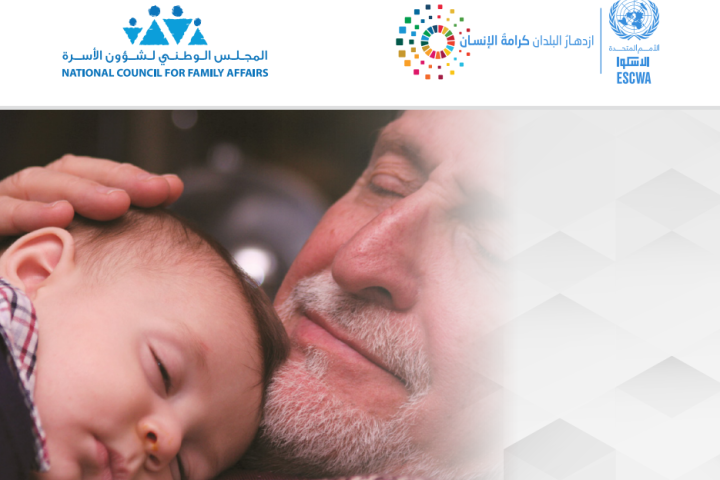Marking the International Migrants Day, the Regional United Nations Network on Migration for the Arab States calls on the international community to step up efforts and strengthen collective action to protect lives, reduce vulnerabilities and maximize the tangible and potential benefits of safe, orderly and regular migration.
As the region prepares for the first International Migration Review Forum (IMRF) of the Global Compact for Safe, Orderly and Regular Migration (GCM), in New York in May 2022, the Regional Network reiterates its calls for a unified spirit of solidarity and international cooperation as no single country can alone manage its migration priorities. The Regional Network further urges for concrete commitments ahead of the Forum, grounded in the GCM, to reinforce the benefits of working together from local to global levels.
In the three years since the adoption of the GCM, much has been achieved in the Arab region: most countries have established coordination platforms for the implementation of the GCM. Some Arab states have accelerated the inclusion of migrant workers, regardless of their legal status, in the national COVID-19 vaccination rollout campaigns, and others focused on the regularization of undocumented workers and enhancing labor mobility schemes.
But this cannot deter our attention from acknowledging the ongoing human cost of illicit practices which continue to undermine the rights and protection of migrants in a situation of vulnerability, particularly children, youth and women. The estimated number of people living outside their country of origin has increased in the Arab region, exceeding 41 million in 2020. The region continues to be impacted by the COVID-19 pandemic since early 2020. Many migrants continue to be stranded or are forcibly returned to countries with concerns over their rights, safety and dignity. The pandemic started a wave of border closures and consequential economic impacts that led to extensive job losses across the region, as well as increased discrimination and xenophobia.
As we mark International Migrants Day, celebrate the third anniversary of the adoption of the GCM, and look ahead to the International Migration Review Forum (IMRF), the Regional UN Network on Migration urges States and all stakeholders to step up cooperation and strengthen global partnerships for safe, orderly and regular migration, including by:
- Making pledges in advance of the IMRF to act towards the tangible realization of GCM objectives and guiding principles, including in partnership with other States and stakeholders.
- Ensuring access to basic services, irrespective of their migration status, including in accordance with the principle of leaving no one behind;
- Improving the mutual recognition of skills, qualifications and competencies to close in the gap between national migration plans and the implementation of strategies in practice;
- Partnering with migrants and other stakeholders in the implementation, follow-up and review of the GCM to realize its whole-of-society approach and guiding principles;
- Increasing international and regional cooperation to accelerate the implementation of the 2030 Agenda for Sustainable Development by addressing the adverse drivers and structural factors that hinder people from building and maintaining sustainable livelihoods in their countries of origin;
- Continue to further the objectives of the GCM including by strengthening mechanisms to identify and protect victims of trafficking; increasing the use of alternatives to immigration detention; and ensuring that returns are conducted in safety and dignity;
- Strengthening international, regional, and bilateral cooperation on migration to find solutions to common challenges. A strong commitment to work together including through national action and orchestrated regional approach will be key to address new emerging challenges, especially related to COVID-19;
- Strengthening cooperation between the United Nations and regional and subregional organizations or groups of States;
- Continuing to ensure complementarity with commitments and measures undertaken within the framework of the Global Compact on Refugees;
- Addressing the data gap in the field, which could be addressed by infusing modern technologies with standardized operating procedures and data protection mechanisms to collect, analyze and share information for transnational cooperation.
As we head towards the first global review of the GCM, we must strengthen our collective action and demonstrate the value of international cooperation in forging collective solutions to make migration safe, orderly and regular.




